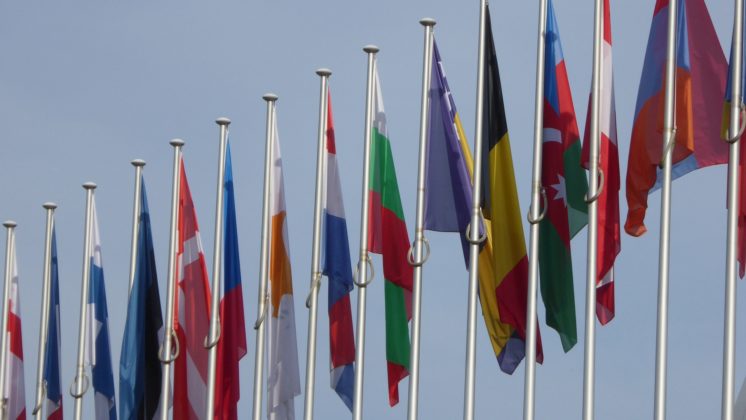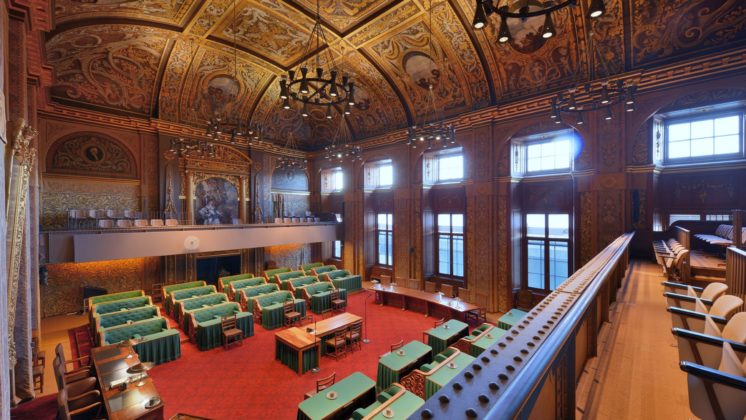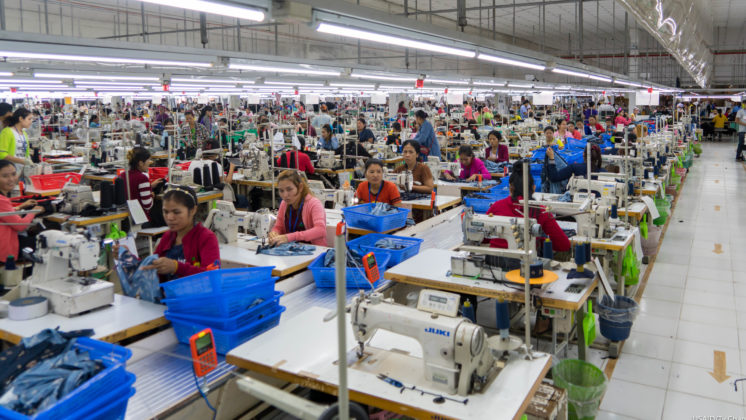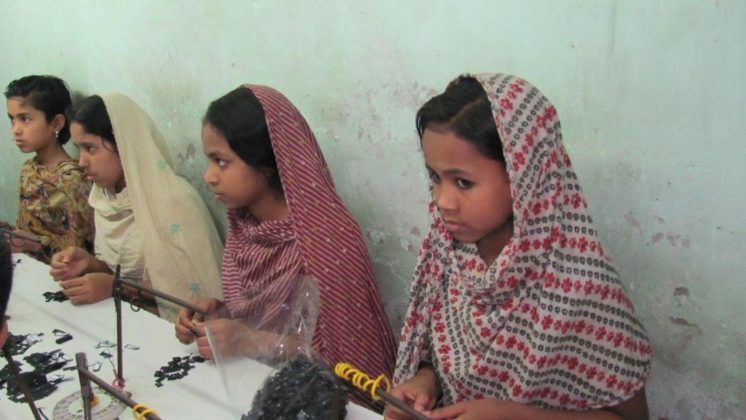In many places in the world where companies cause damage, victims are not entitled to compensation and have difficulty holding companies to account. During the Global Business, Global Rights debate, organised by the MVO Platform and De Balie, politicians, businesses, lawyers and social organisations debated on the options for tackling infringements. Another key subject discussed was better access to the law for victims. Because who can victims go to if there is no adequate legal system to hand?
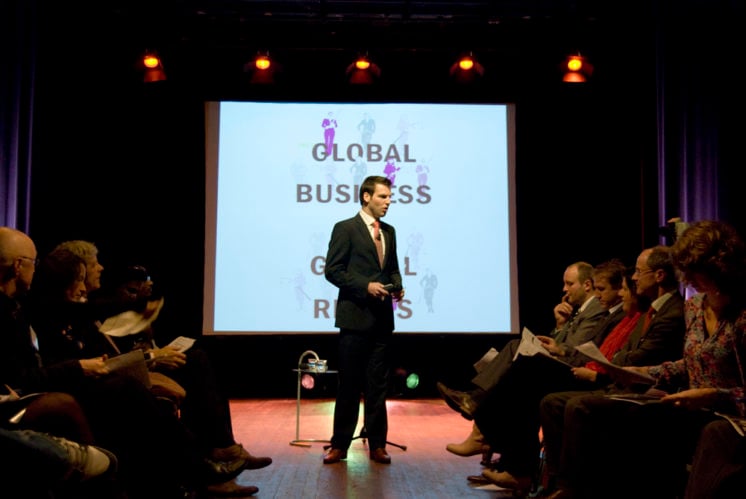
That something needs to change is clear. This was shown even more clearly by the stories of Bongani Mthembu about the polluting oil industry in South Africa, and of John Peter about exploitation in the Indian garments industry. The call for change was also underlined by the businesses present. In a video message, H&M stated that clearer rules for companies would result in more corporate responsibility. For example, governments should indicate how far the responsibility of a company extends in its chain. Fokke Goudszwaard of Eneco also argued in favour of clearer regulations for businesses. These rules should preferably be determined at the international or European level. Marietta Harjono of Greenpeace would like to see more businesses joining Eneco in arguing for better legislation. The joint lobbying strength of these businesses can bring about change. “The weakened governments alone are not able to do this,” says Harjono.
When infringements occur, it turns out that it is difficult for victims to obtain compensation or hold businesses liable. Lawyer and human rights expert Jan van de Venis argues that the development of law has lagged behind the development of the economy. For this reason, victims are confronted with hindrances when they try to go to court. Setting up a legal aid fund for foreign victims could improve the access to law, according to various parties present. However, Winand Quaedvlieg of VNO NCW was of the opinion that it was better to strengthen local law than to make access to Dutch law easier. Sharon Gesthuizen (SP) argued for the opposite position, that when Dutch multinationals are involved, it much be possible to access the Dutch courts. She thinks that businesses, in particular, should deposit money into a legal aid fund. After all, they profit from the activities of the subsidiary company abroad, and should provide guarantees for the damage caused.
